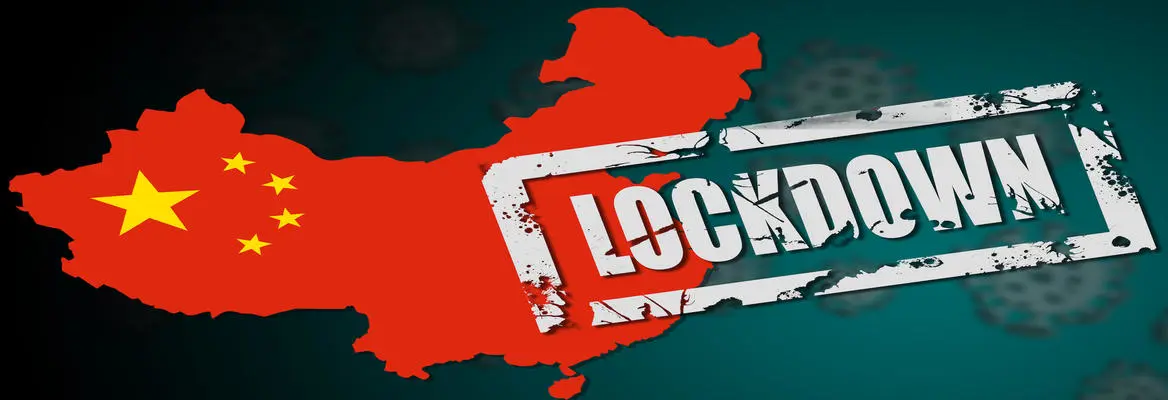Xi Jinping is expected to visit Saudi Arabia any day now, his first trip outside of China in over two and half years. China’s strict Zero-COVID policy has changed Beijing’s diplomatic agenda, deepening Xi Jinping’s relations with other autocratic leaders. At the same time, Zero-Covid isolationism has meant that fewer people have been able to travel to and from China, contributing to the surge of nationalism and the widening the rift between the Chinese public and the rest of the world, write Viola Rothschild and Hongshen Zhu.
As China’s COVID cases hit a three-month high, leaders in Beijing show no signs of abandoning their uncompromising “dynamic zero-COVID” policy. As of late July, over 260 million people—a fifth of China’s population—in 41 cities are experiencing full or partial lockdowns as highly contagious Omicron sub-variants continue to spread. Now, the virus has infiltrated all 31 Chinese provinces, with the latest lockdown horror stories emerging from holidaymakers stranded on Hainan, a popular vacation destination in southern China. But regular Chinese citizens have not been the only ones staying at home—China’s top leaders are staying at home too.















Join the conversation